|
As we prepare to receive a new harvest of Kenyan coffee, we realise that there are several misconceptions associated with Kenyan coffee, let's review the most common ones: 1.- There is a misconception that Kenyan coffees are too acidic and unsuitable for use in espresso or milk-based drinks. However, this is simply not true. The acidity level of a coffee can be controlled by adjusting the roast profile. Although some coffees have a higher natural acidity, this can always be reduced by roasting if necessary.
0 Comments
If you have been in the speciality coffee industry for any length of time, you have probably heard the name Giling Basah. You may also have heard other names, such as Sumatra, Gayo or Kopi Luwak. Certainly, all these terms belong to the local Indonesian language, Bahasa. And they are also already part of the language of the coffee industry, so you should understand what they mean. Giling Basah in the local language, Bahasa Indonesian, means wet hulled. It refers to the local way of processing coffee, and more specifically to the moment when the parchment is removed from the green coffee. As we know, coffee processing aims to clean the green coffee from all the protective layers, mucilage, pulp and fruit that protect it. This wet hulling process is very particular, because it removes the parchment from the green coffee when it is still wet, i.e., at 45-50 % humidity. This would be seen as an aberration anywhere else in the world.
Fear of the unknown is something we have all experienced. The exotic, the different, the uncertain, is something we immediately reject, and this is nothing more than a survival reflex developed over millions of years of evolution. Throughout human history, we have been able to survive various threats because we have instinctively rejected the unknown, opting instead for the safe, the familiar and the certain. But on many occasions the unknown can also save your life, bring you wellbeing and illuminate a wonderful path that you did not know before. Sumatra for us has been one of those experiences, one of those coffees that does not leave you indifferent, one of those that you either love or hate. For us it was love at first sight. Sumatra is the largest island in Indonesia. It is an exotic and mysterious island, with a history that not many know about, making it perhaps an obscure place, but the reality is that Sumatra is a majestic island, with abundant nature and friendly people, like few others in the world. And while most of its coffee production is concentrated in the far south of the island and is exclusively Robusta coffee (perhaps hence its bad coffee reputation), the north of the island produces only arabica coffee and in recent years the focus on quality has been growing. In the world of speciality coffee its reputation has been changing for the better, and in some regions like Gayo, we happily see more and better coffees year after year.
It's a question we get a lot, especially when we have popular coffees such as Ethiopia or Kenya coming in. Although the logistical process is not difficult per se, it involves so many steps that this, make it complicated. Therefore, it requires proper planning and coordination. At each of these steps there is a risk for quality of the coffee to be affected if anything goes slightly wrong. As we know, the quality of coffee is determined by the quality of the harvest, i.e., how ripe the cherry is when it is removed from the coffee tree. This is the maximum point of quality in the production chain, after that, everything is deterioration, or at best, maintenance. The task of getting your coffee from the plant to your roastery is what we call coffee logistics. It is a process that consists of three main stages: production, preparation and export/distribution. Each of these stages contains a series of sub-stages or tasks that are carried out by a large number of people and/or machinery. It is also important to note that a number of customs, legal and sanitary rules and regulations must be complied with. Furthermore, in our role as importers or buyers of green coffee, we must ensure that the highest quality standards are met at each of these stages.
During the early days of our civilisation, in the place where Ethiopia is today, local tribes used to consume coffee by roasting the whole cherry until it was burnt. The charred cherry was then added to a beverage of cow's or goat's milk and butter. The result was an intensely flavoured, protein-rich and nutritious drink that is still consumed to this day in some areas, such as Guji. I had the opportunity to try it and honestly, I didn't like it. The texture and taste of the milk with the butter plus the burnt cherry is not a good mix for my understanding of taste, but as I was invited to the home of a very traditional brewing family, it is frowned upon in Ethiopia to refuse what you are offered, and I had to drink it anyway. I was offered a second one, but that I refused because I couldn't take it anymore. As we know, Ethiopia is the birthplace of the Arabica species and the place where the history and culture of coffee in the world begins. The natural processing method is the oldest way of processing coffee, and it is also born in Ethiopia, then implemented in Yemen and spread all over the world. Before someone invented the washed method, which by the way nobody knows who and when it was created, all coffee was processed using the natural method. In Ethiopia, natural coffees have been produced for centuries and to this day, to a lesser extent than washed coffees. But due to climate change and desertification in Ethiopia and many other coffee producing areas of the world, natural coffees are projected to regain prominence.
We recently saw on social media that a roastery was promoting an Ethiopian coffee, emphasising that the altitude of 2,000m above sea level at which it was grown was impressive!!!! And this made us think about how incomplete the information we receive is and how little is known about all the factors that influence the cultivation of coffee and its impact on quality. Because altitude alone does not tell us much, if it is not accompanied by latitude (location of the place where the coffee has been grown with respect to the Equator), microclimate, soil quality, species, variety, process, etc. All this information boils down to the need to produce denser coffee beans. Density in coffee is synonymous with quality, because a bean grown at the right altitude and latitude is most likely to grow in a cold microclimate with less oxygen, which will slow down the ripening of the cherry on the plant. Slow ripening is essential to produce quality coffees, because the longer the cherry spends on the plant, the more sugars the cherry will absorb during its development and the more complex its flavour will be.
The long journey of coffee has come to an end. It has been several months of arduous effort in which thousands of hands have worked together for a single goal, the production of coffee of the highest possible quality. Although the logistical situation has improved compared to last year, the departure from Ethiopia to Djibouti is chaotic and slow, which risks affecting the quality of the coffee and its moisture content. Ethiopia, the world's second largest producer of "arabica only" after Colombia, has only one harvest per year and in a very limited period of time. Producing so much coffee in such a short time is a major challenge, especially when there are deficiencies in such important aspects as infrastructure, capital flows, inflation, climate change and the lack of organisation so characteristic of Africa, but particularly present in Ethiopia.
Once we have selected our new lots from Ethiopia and have signed the contract with all the import specifications (or export in the case of the producer), the coffee needs to go through a very important stage of the production chain called "Dry Milling", this process includes hulling, various types of classification, and finally packaging and loading into the container. Each of these stages is described in detail below: 1. Hulling: One of those essential steps in the elaboration of coffee and which consists of the "liberation" of the bean from its wrapping or parchment. This is done by means of hulling machines that use friction and pressure to carry out their task.
When it comes to the selection of Ethiopian coffees, the possibilities of flavours, fragrances, and aromas are virtually endless. Cup profiles are so varied that most importers or roasters do not expect a specific profile for an Ethiopian coffee. The same does not hold for origins such as Kenya or Sumatra, where roasters are looking for berries or chocolate, respectively. From a sensorial perspective, the acidity of Ethiopian coffees is as diverse as the number of acid components that a coffee bean has. Like sweetness, cleanliness and texture, acidity is fundamental in our sensory analysis and selection work. It is important to note that in the long journey of coffee from the plant to the cup, the acidity and all the sensorial attributes can be modified, enhanced, damaged or eliminated.
Is specialty coffee a trend of experimental fermentations or a movement that seeks to generate profound changes in the way coffee is marketed in the world? What do we gain by talking so much about experimental fermentations if they rarely achieve exceptional cups? Can experimental fermentation really improve the quality of a poorly harvested lot? Are the experimental fermentations fully controlled or are there random elements that influence their final result? Apparently today it is no longer enough to produce washed, natural or honey coffees; A very good lot of washed Bourbon variety from Burundi seems to have lost its charm. In our opinion, there is something wrong with this industry, if we have to put orange peel or cinnamon sticks to add flavours to a lot! Fermentation in specialty coffees has never been and will never be controlled, at least until the day when the entire productive structure at origin is modified, and a technological level such as the one that exists today in the wine industry is reached.
|
Archives
April 2024
Categories
All
|
- What We Do
- Que Hacemos
-
Origins
-
Orígenes
- Education
- Educación
- Contact
- Contacto
- Home Roaster Store
- Tienda del Home Roaster

|
Copyright © 2015-2024 | Kilimanjaro Specialty Coffees España S.L.U. All Rights Reserved.
|

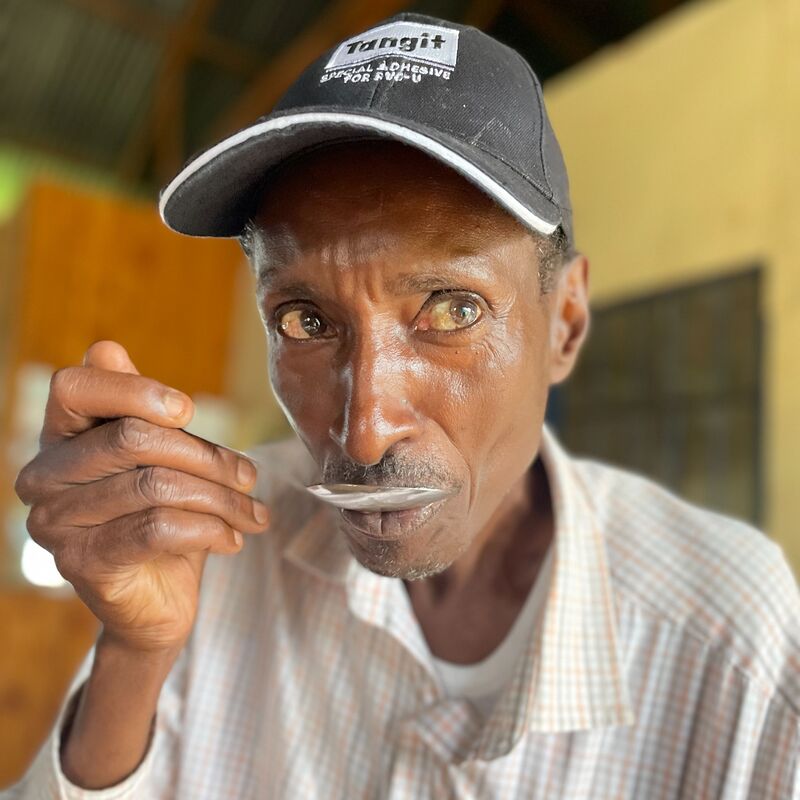
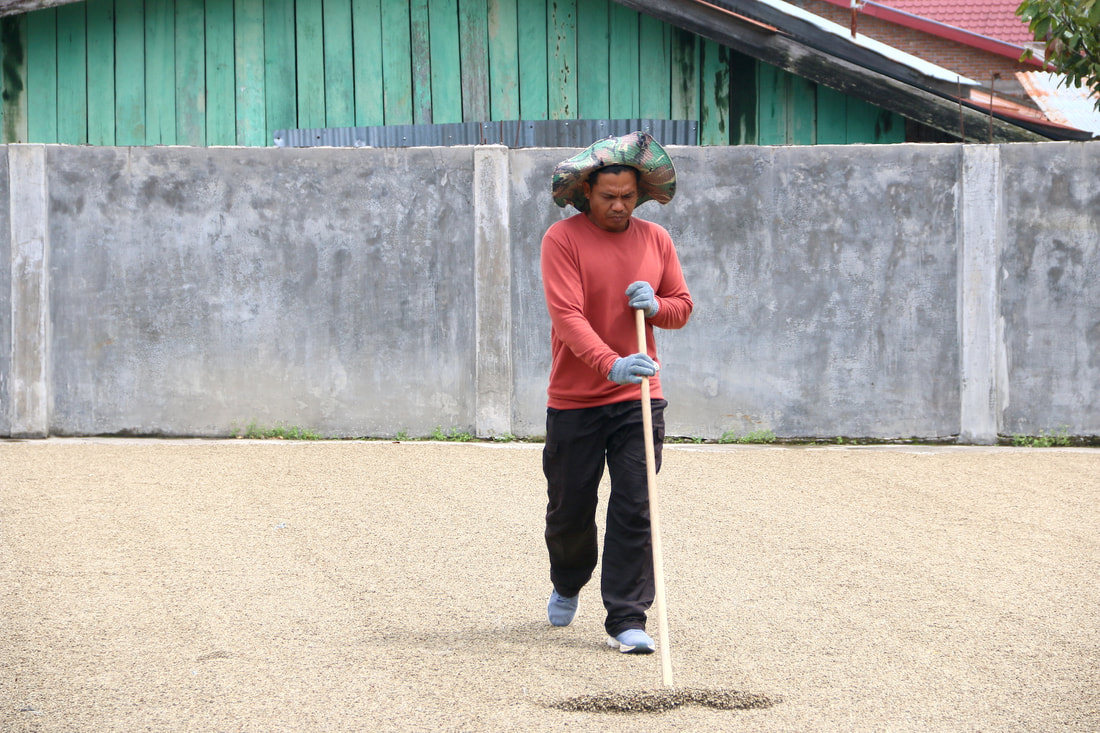
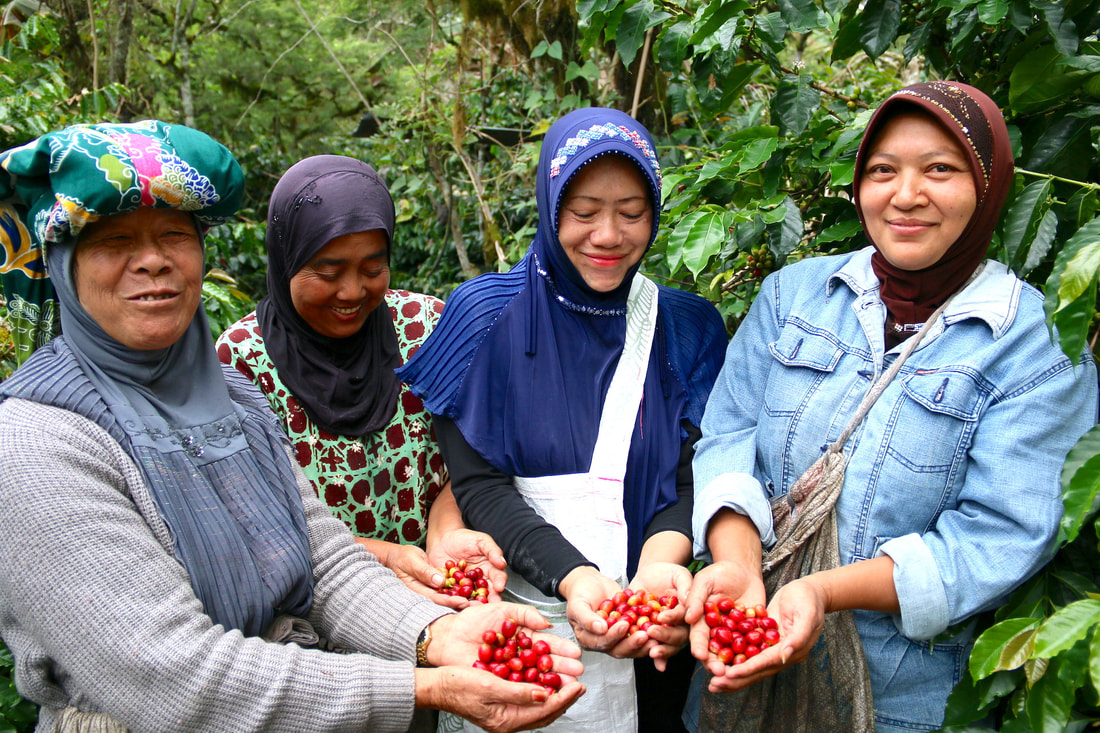
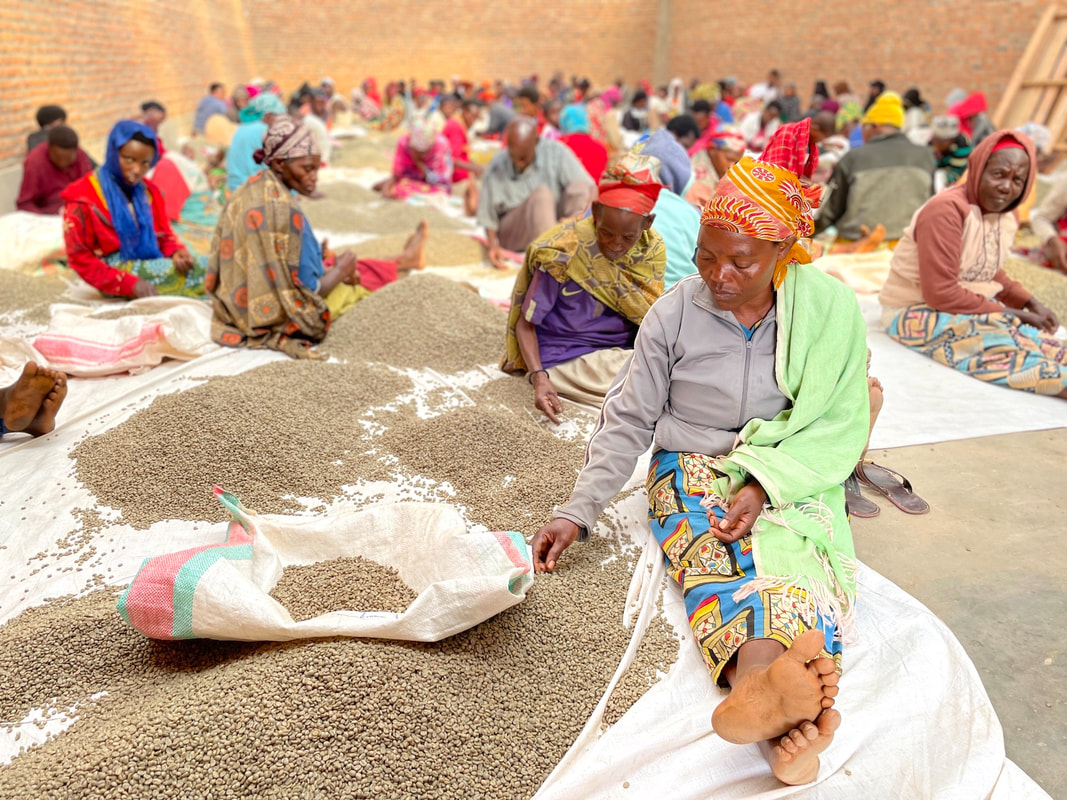
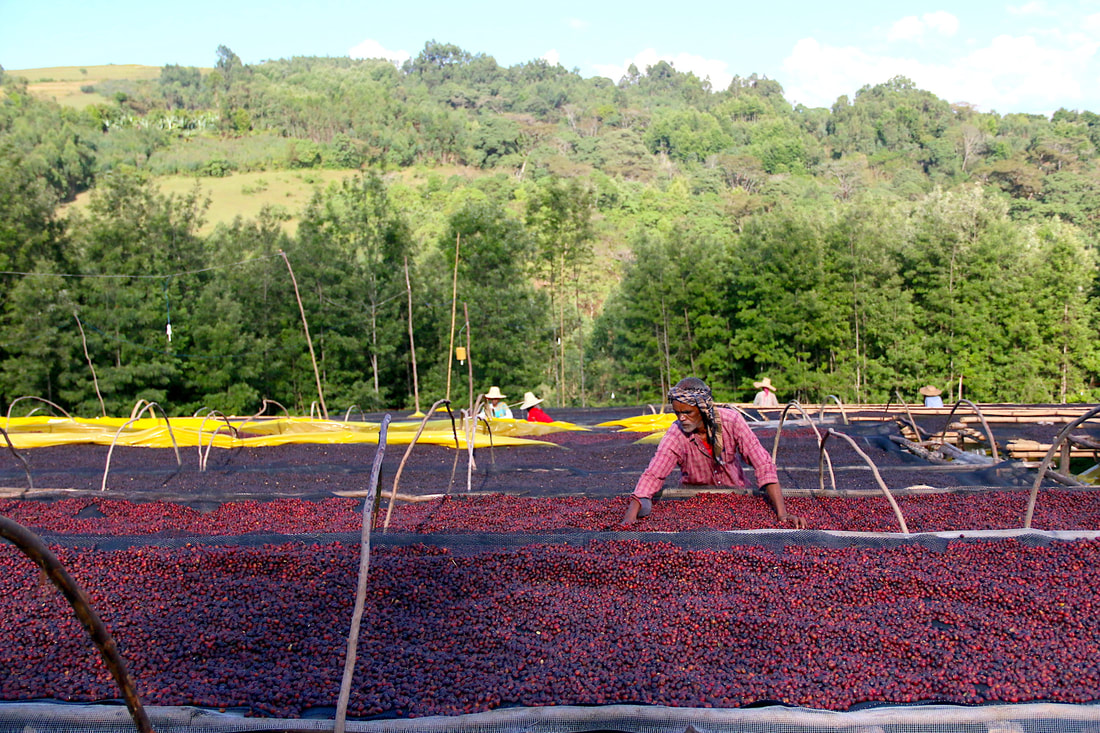
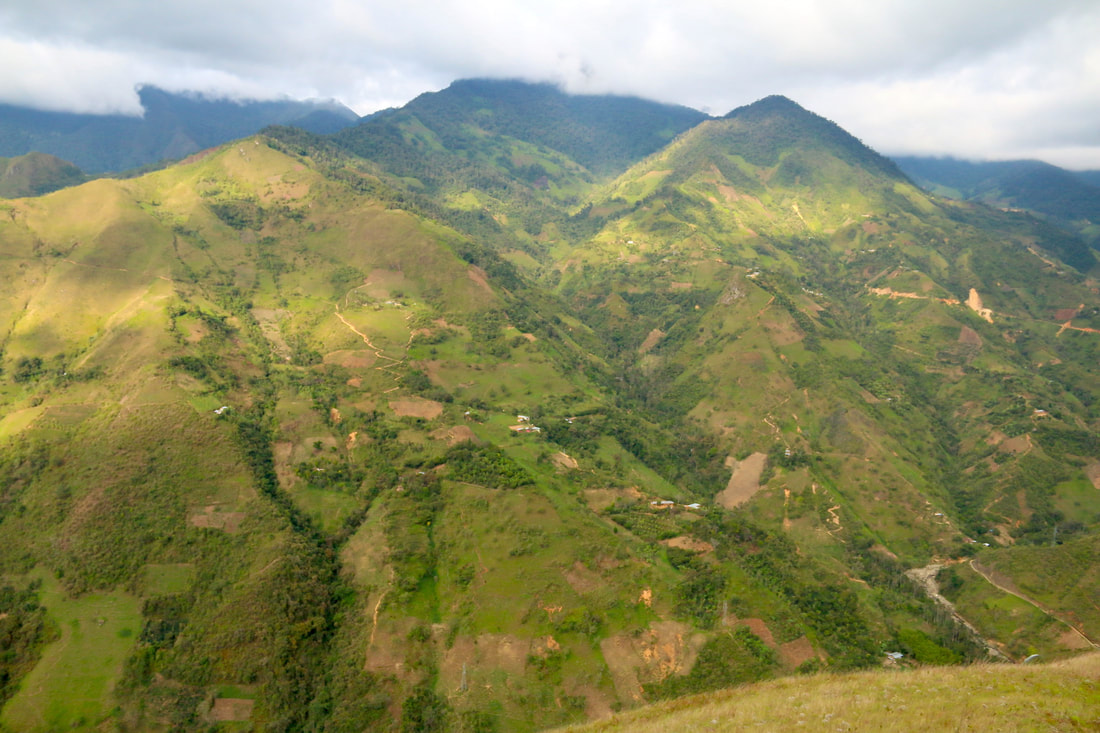
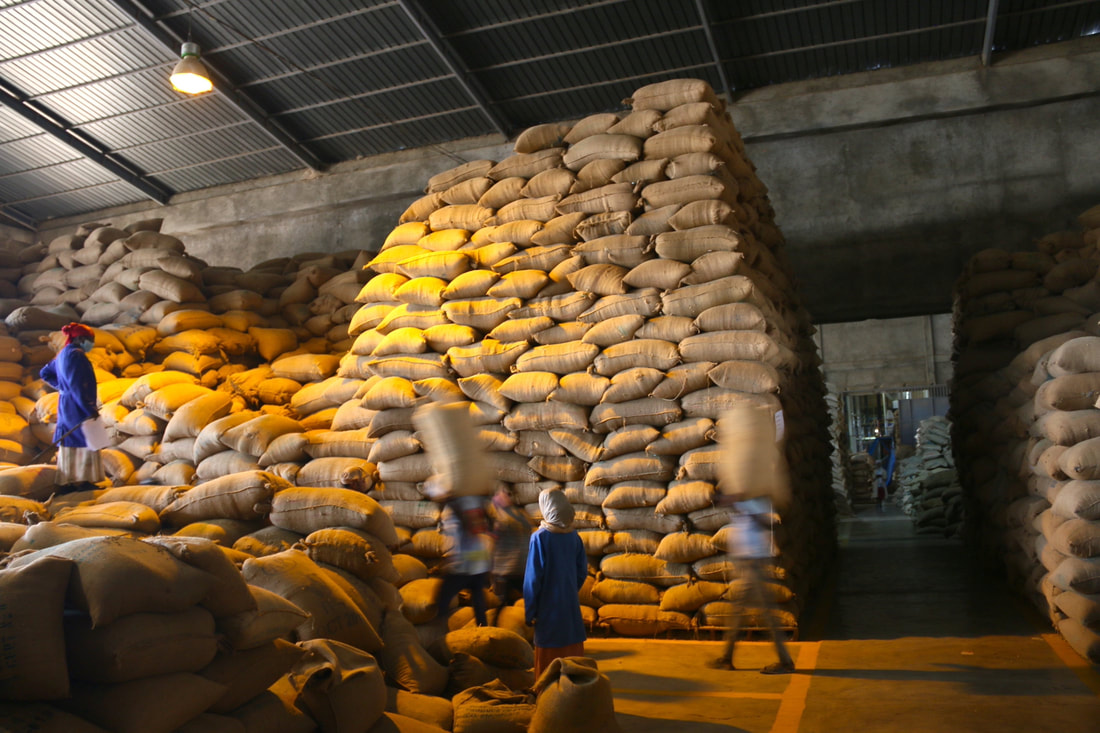
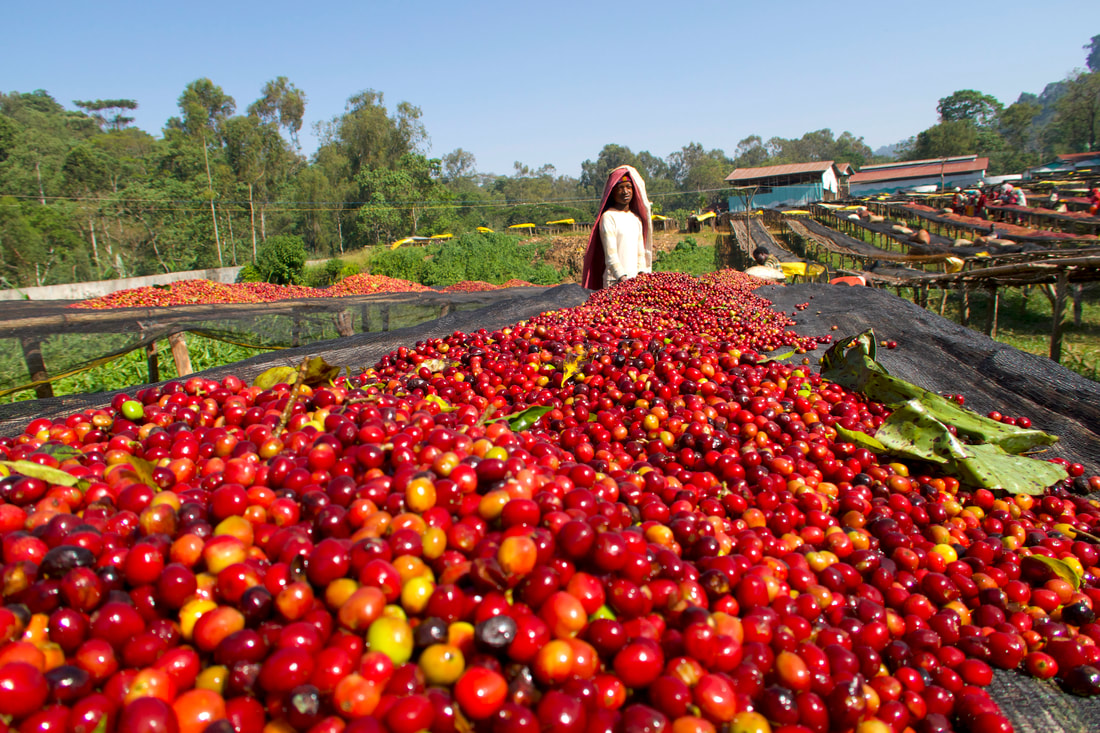
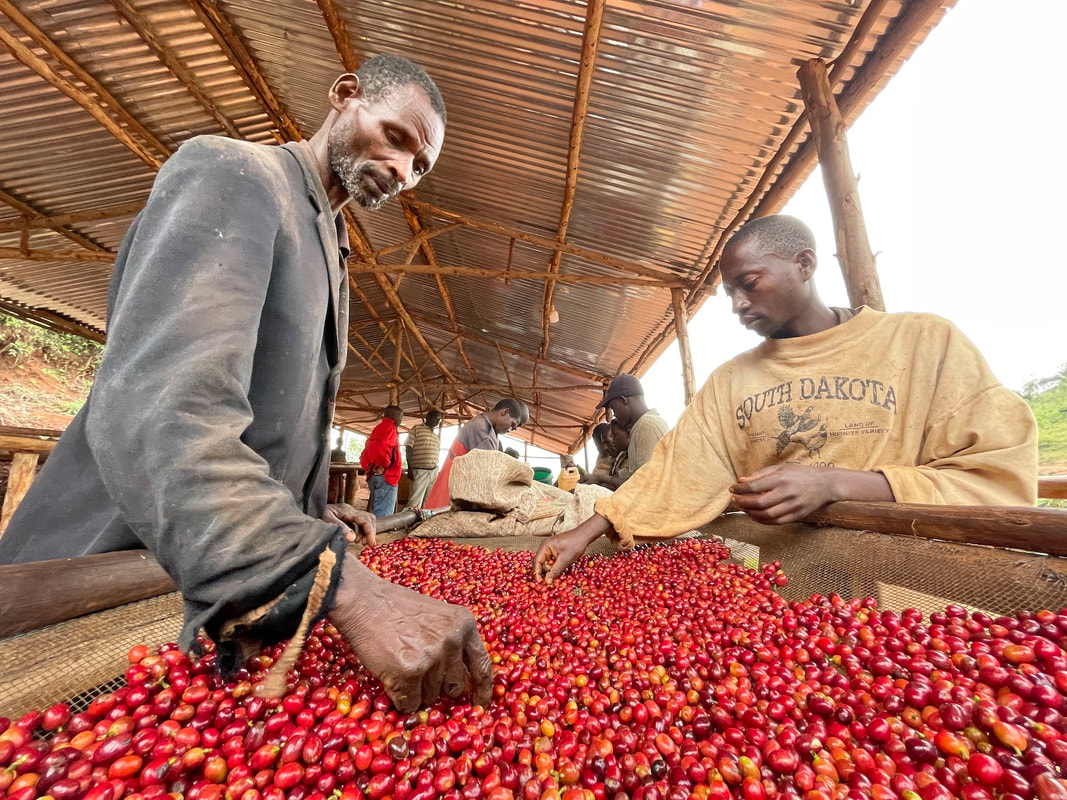
 RSS Feed
RSS Feed